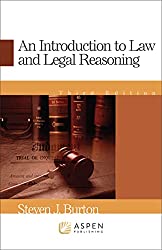Rating: 8.1/10. Book that describes at a high level how the law works, suitable for laymen or beginning law students. The purpose of legal system is to settle disputes that arise in a complex society in a fair and peaceful way. There are competing views on how deterministic are the judgments made by the legal…
Category: Philosophy
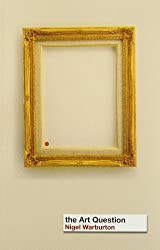
The Art Question by Nigel Warburton
Rating: 8.0/10. Philosophical investigation into the question of: “What is art?” This question is often asked when faced with certain postmodern art pieces, such as readymade objects like a urinal displayed in an art gallery. Bell proposes that art must have “significant form” — choices made by a human artist in order to produce an…
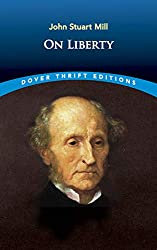
On Liberty by John Stuart Mill
Rating: 8.3/10. One of the most influential philosophical essays by English philosopher John Stuart Mill, written in 1859 and espousing the values of individual freedom. It has since served as a foundational work for liberalism and many of its principles have been adopted into democratic societies. Mill argues that society tends to force the preferences…
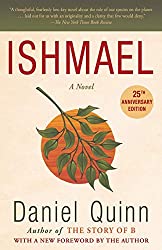
Ishmael by Daniel Quinn
Rating: 7.9/10. While technically a novel, there is not much a plot beyond the narrator conversing with a telepathic gorilla in a Socratic dialogue. Ishmael, the gorilla, teaches willing pupils on how to save the world. According to Ishmael, our civilization has accomplished many impressive feats, but is on a surefire path to self-destruction since…
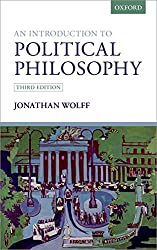
An Introduction to Political Philosophy by Jonathan Wolff
Rating: 8.1/10. Political philosophy asks questions about the purpose of government and how power should be distributed in a society. To better understand the role of a state, the first chapter considers what would happen in a “state of nature” where there is no government. Hobbes thought without laws, everyone would be at war constantly….
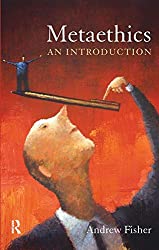
Metaethics: An Introduction by Andrew Fisher
Rating: 7.6/10. Summary Metaethics is a second-order philosophy: whereas normative ethics is the study of principles of what’s right and what’s wrong, metaethics studies what we’re doing when we talk about ethics. Are moral facts real, expressing a belief, or expressing an emotion? How do we know if a moral fact is true? The book…
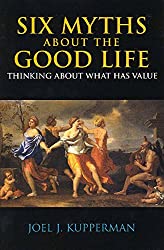
Six Myths About the Good Life by Joel J. Kupperman
Rating: 7.9/10. Summary Fairly short book by a philosophy professor asking “what makes a life good?” This is a fundamental question for ethics because any ethical theory must assume some kind of utility function (what is good for an individual) before it can consider what’s best for society as a whole. This book examines a…
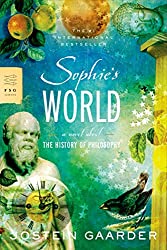
Sophie’s World by Jostein Gaarder
Rating: 7.7/10. Novel about the history of philosophy, set in Norway, in the form of monologues between a 14-year-old girl Sophie and a mysterious philosopher Alberto Knox, who sends her letters teaching her philosophy. This has the purpose of explaining philosophical ideas in the form that a teenager can understand. In the first half of…

Four Views on Free Will by Kane, Fischer, Pereboom, and Vargas
Rating: 8.7/10. Ch1: Libertarianism (Robert Kane) Libertarianism is the view that the universe is not deterministic, and this is necessary for FW; also, FW is necessary for moral responsibility. It’s closest to laymen’s intuitions about FW. Compatibilists attack it in two ways: (1) by claiming that determinism doesn’t conflict with FW, and (2) that indeterminism…
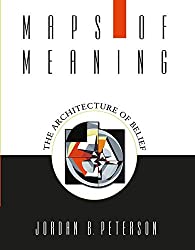
Maps of Meaning: The Architecture of Belief by Jordan B. Peterson
Rating: 6.6/10. Jordan Peterson’s first book, written in 1999, two decades before he became famous and wrote “12 Rules for Life“. This one is over 400 pages and is a lot more dense, although not written for academic philosophers. The basic theme is that mythology should be studied as a representation of meaning, in an…
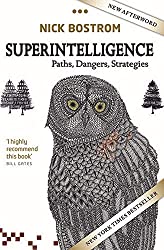
Superintelligence by Nick Bostrom
Rating: 7.8/10. It is unclear whether or when strong AI (superior to humans on a wide range of tasks) will be achieved, but many experts predict 2040-2050. Some possible ways to achieve strong AI: Current artificial intelligence path: unclear whether this will succeed, but it’s also the most unpredictable, since a small missing piece can…
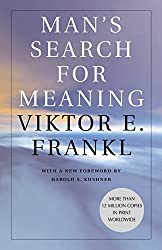
Man’s Search for Meaning by Viktor Frankl
Rating: 8.5/10. An autobiographical book where the author describes the psychology of prisoners in Nazi concentration camps. What’s the difference between the survivors and non-survivors? According to Frankl, the key difference is the will to survive — in the camps, you constantly have to use clever means to survive (eg: trading cigarettes for soup to…
